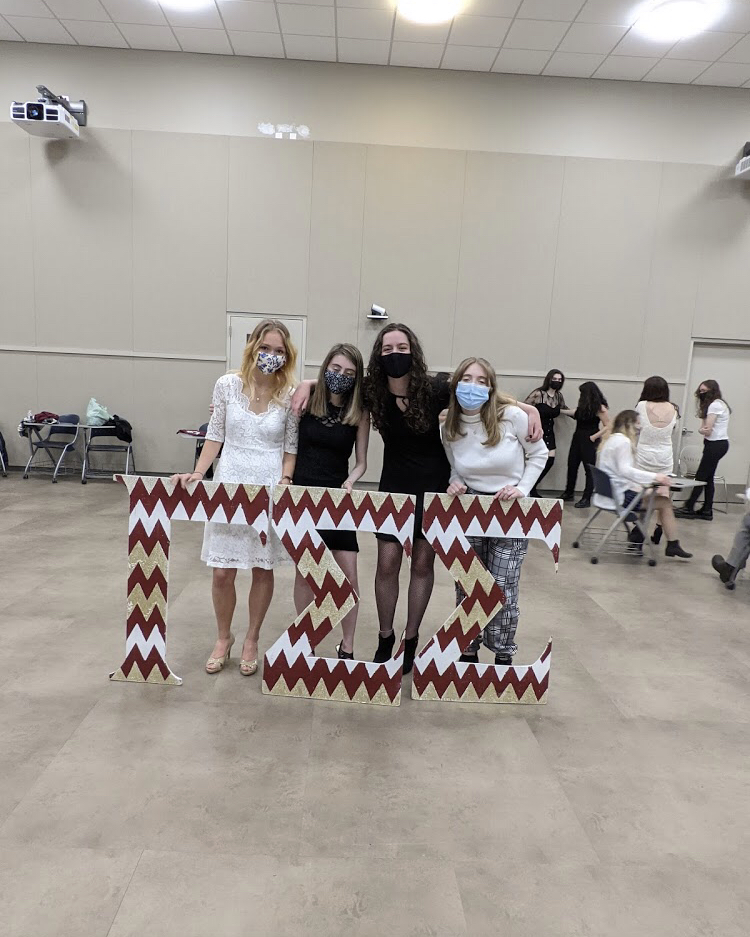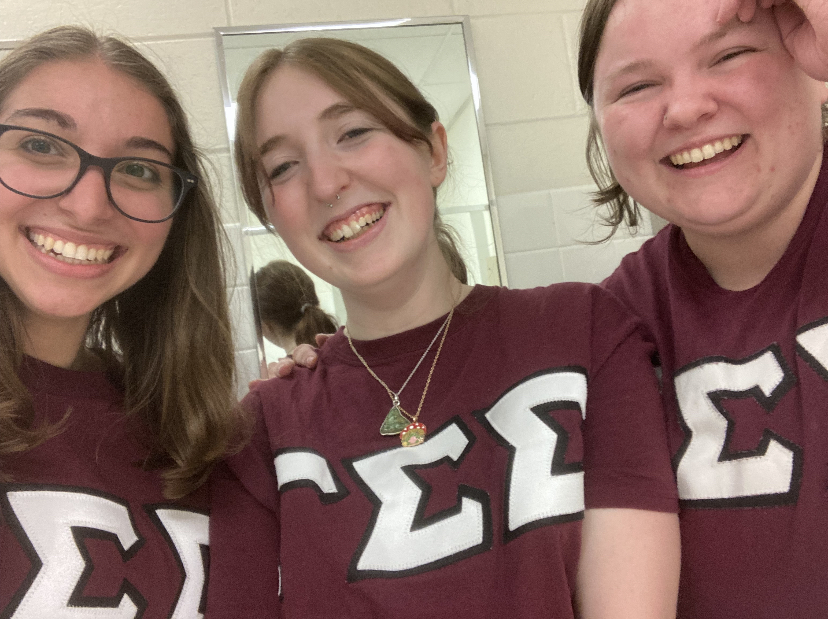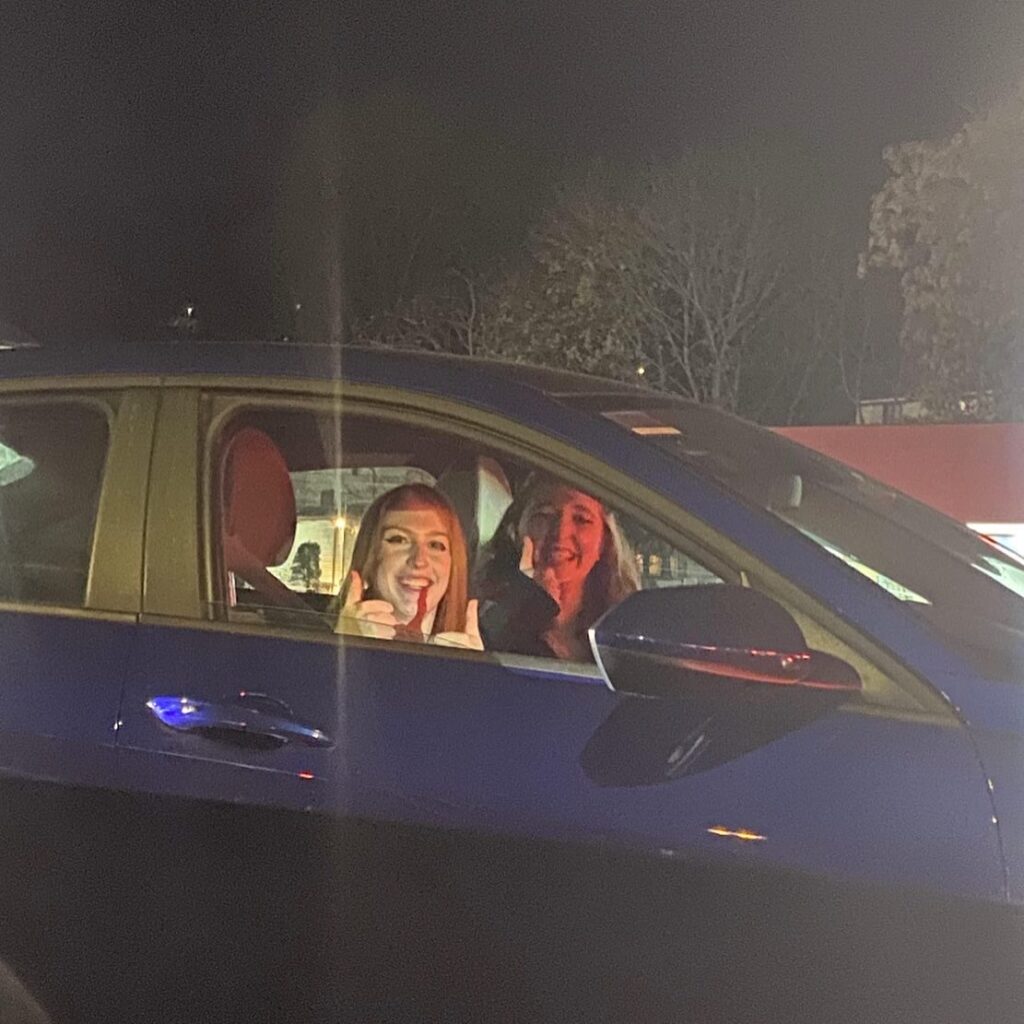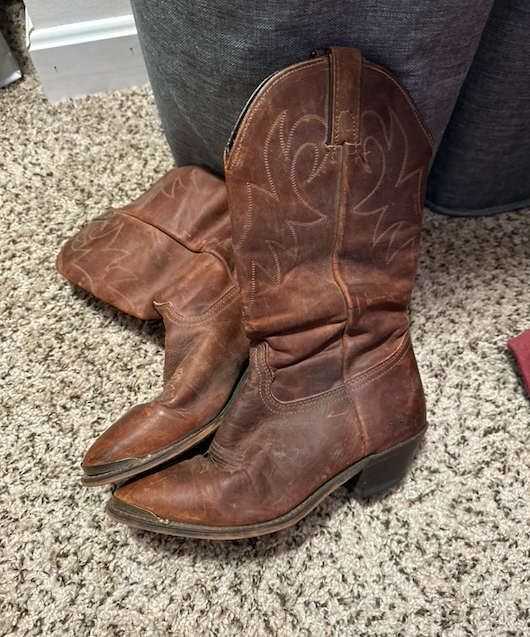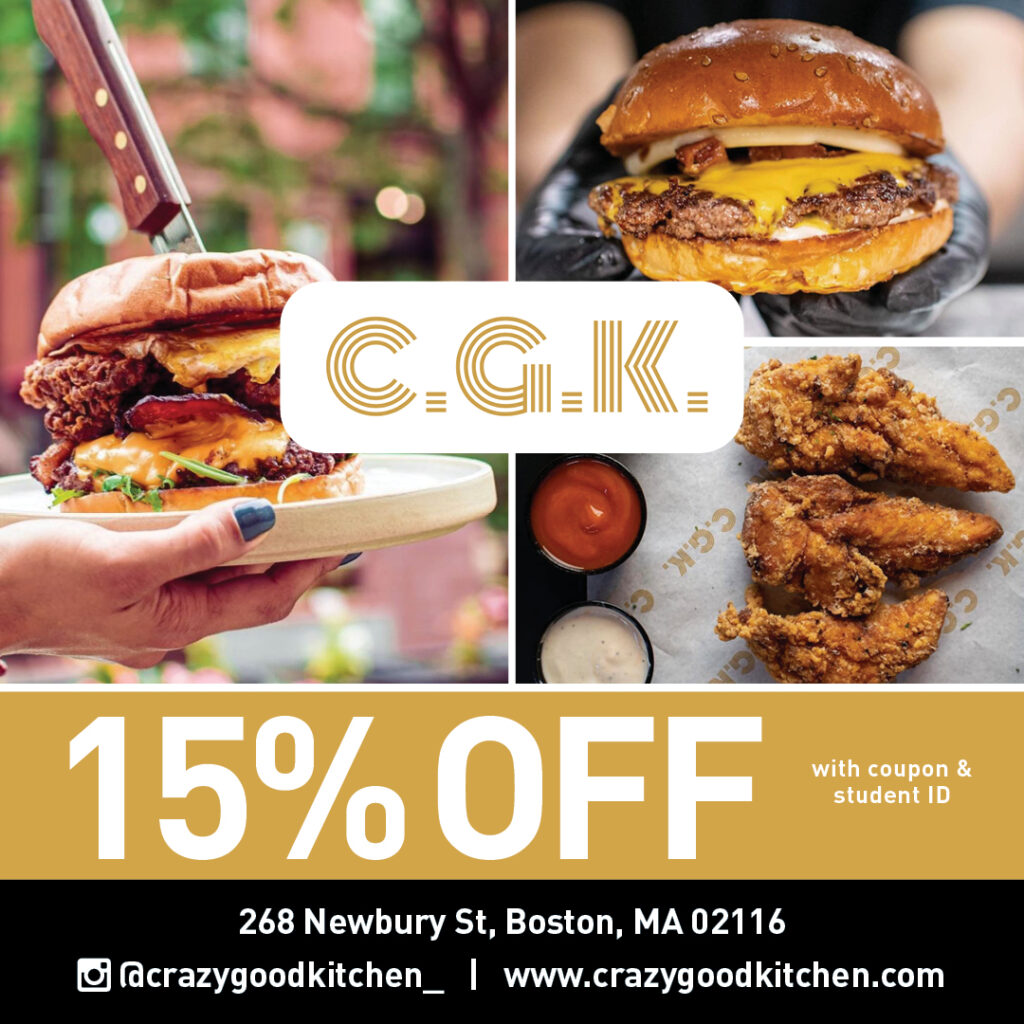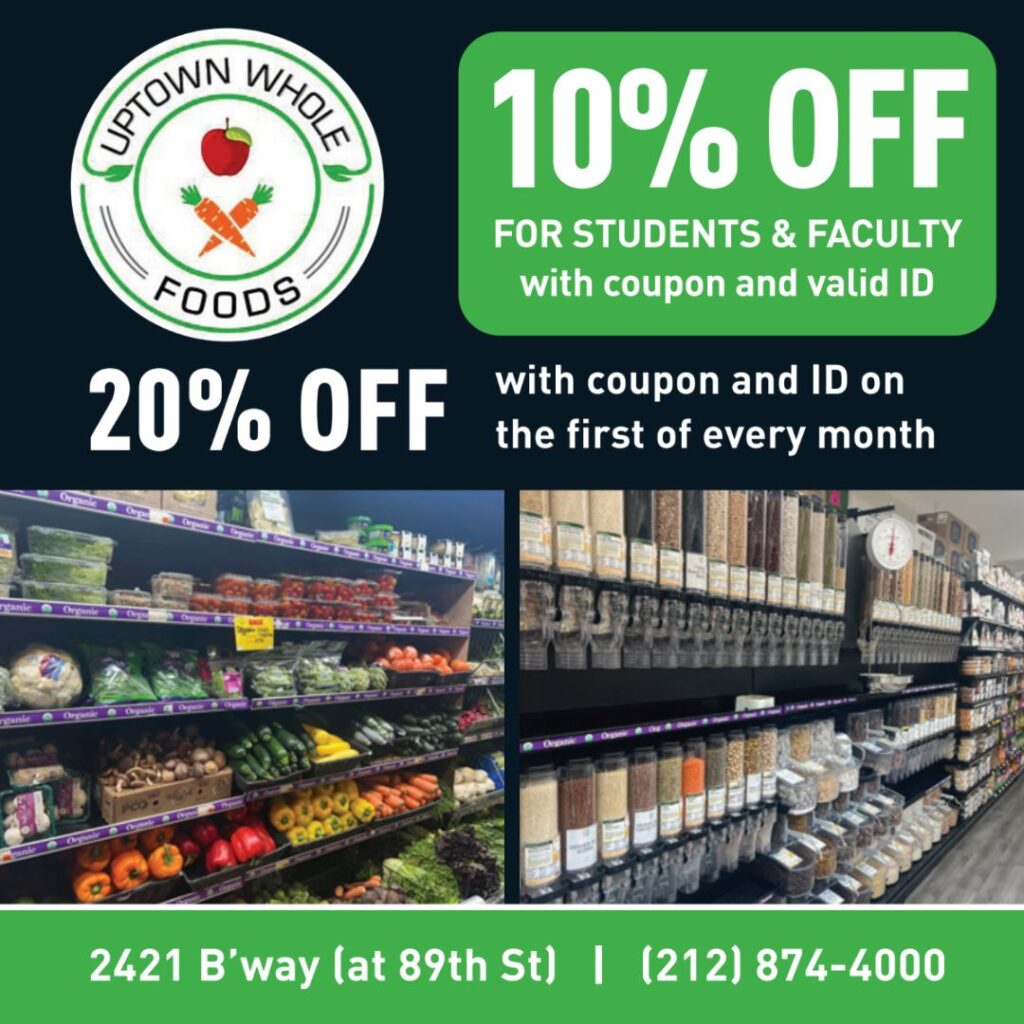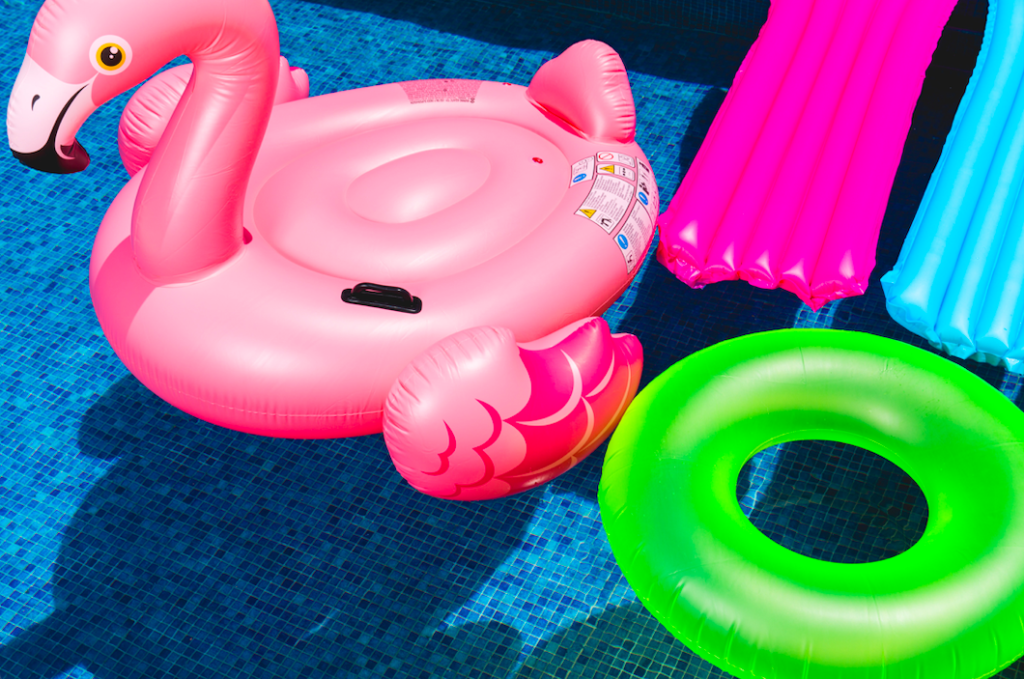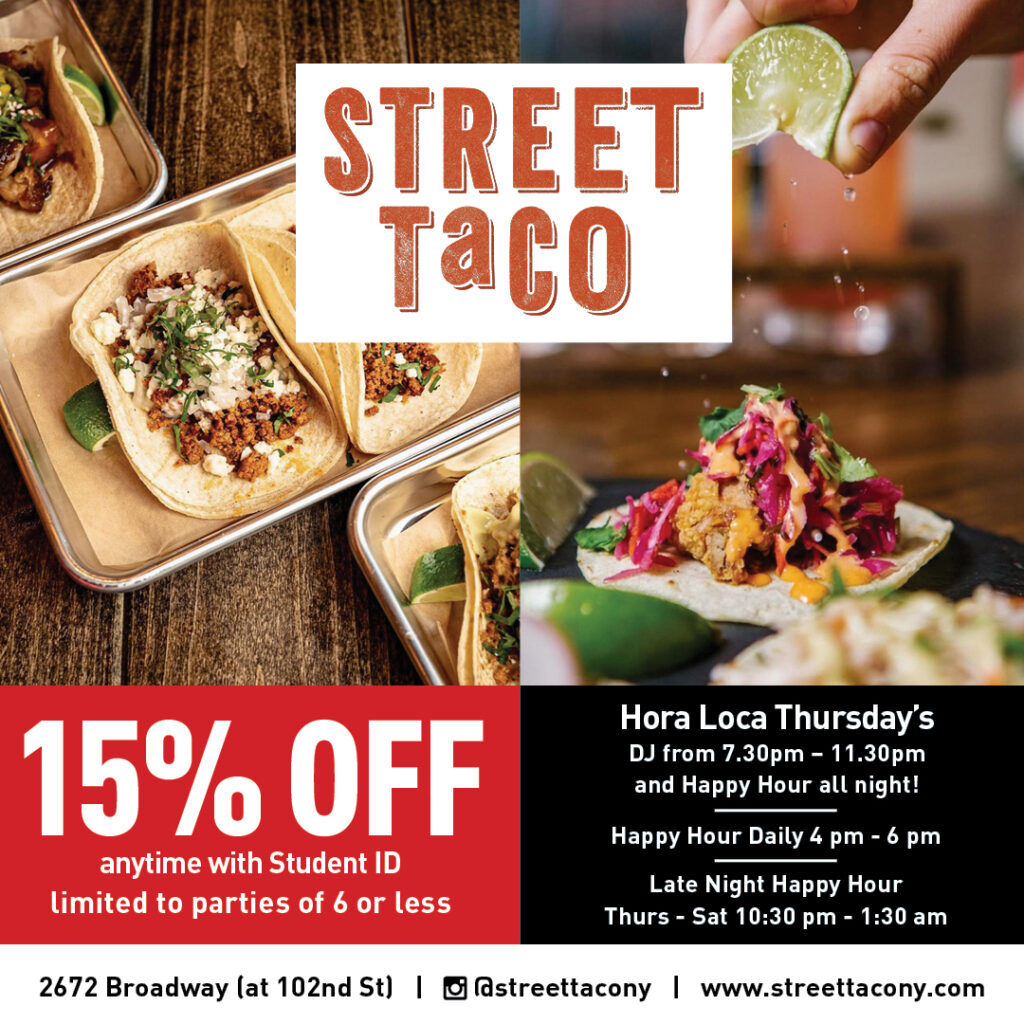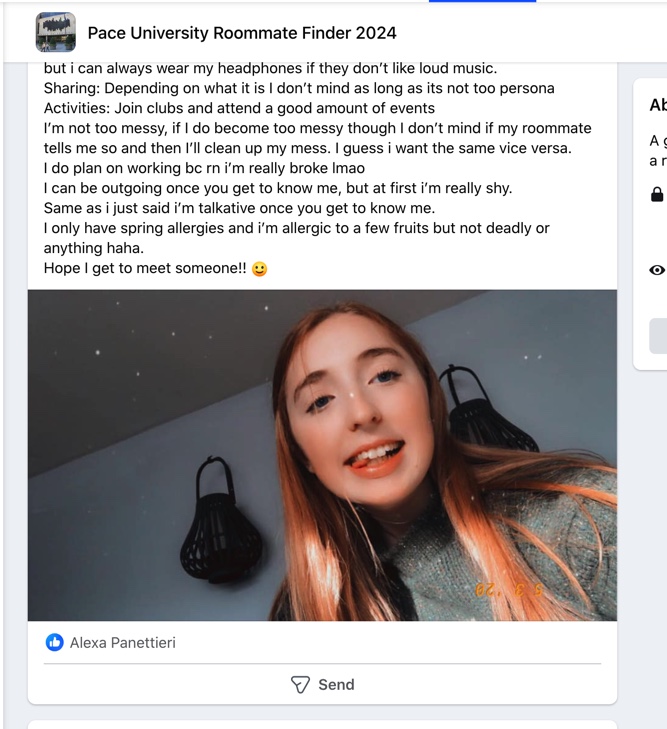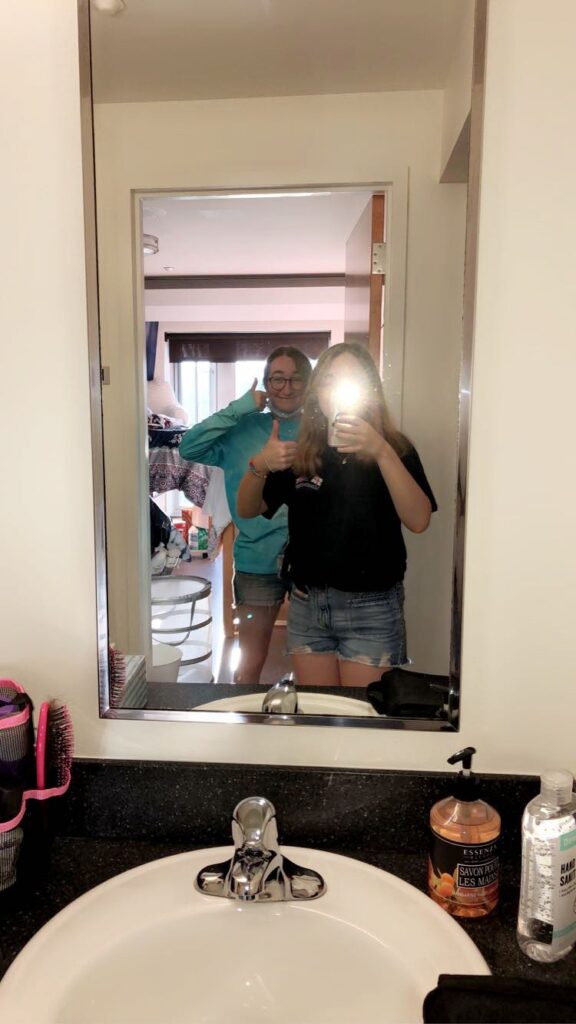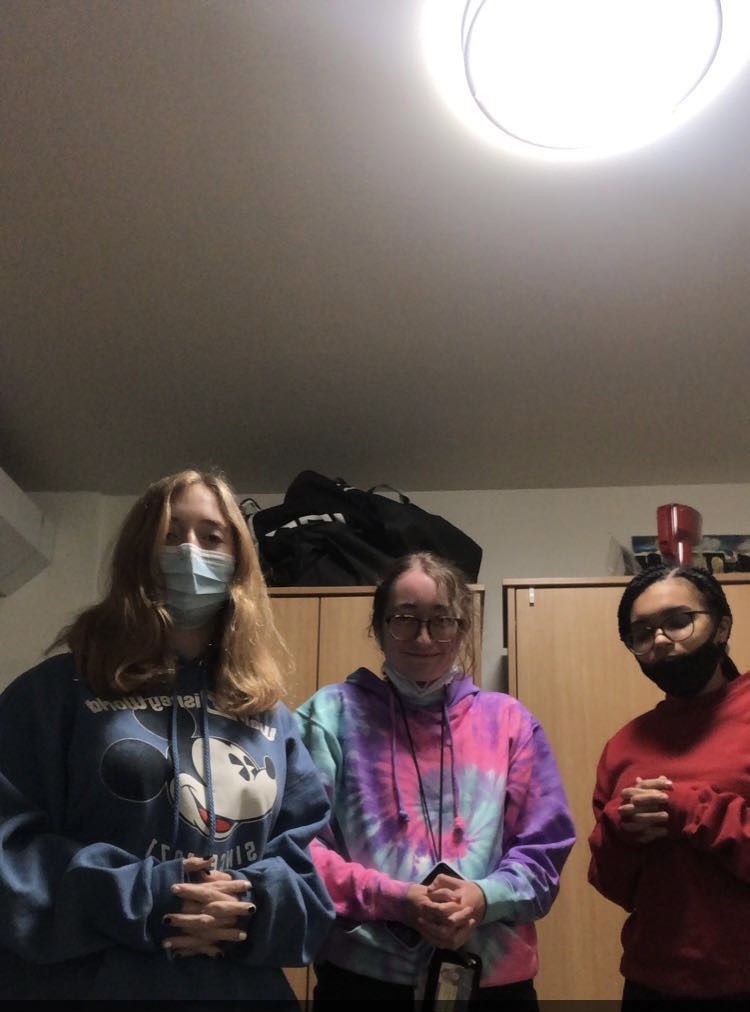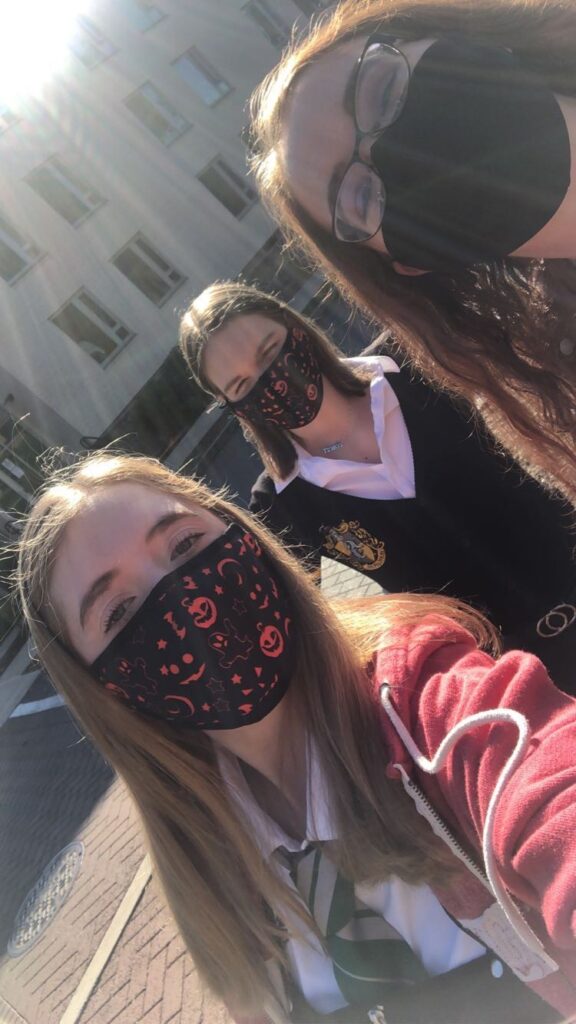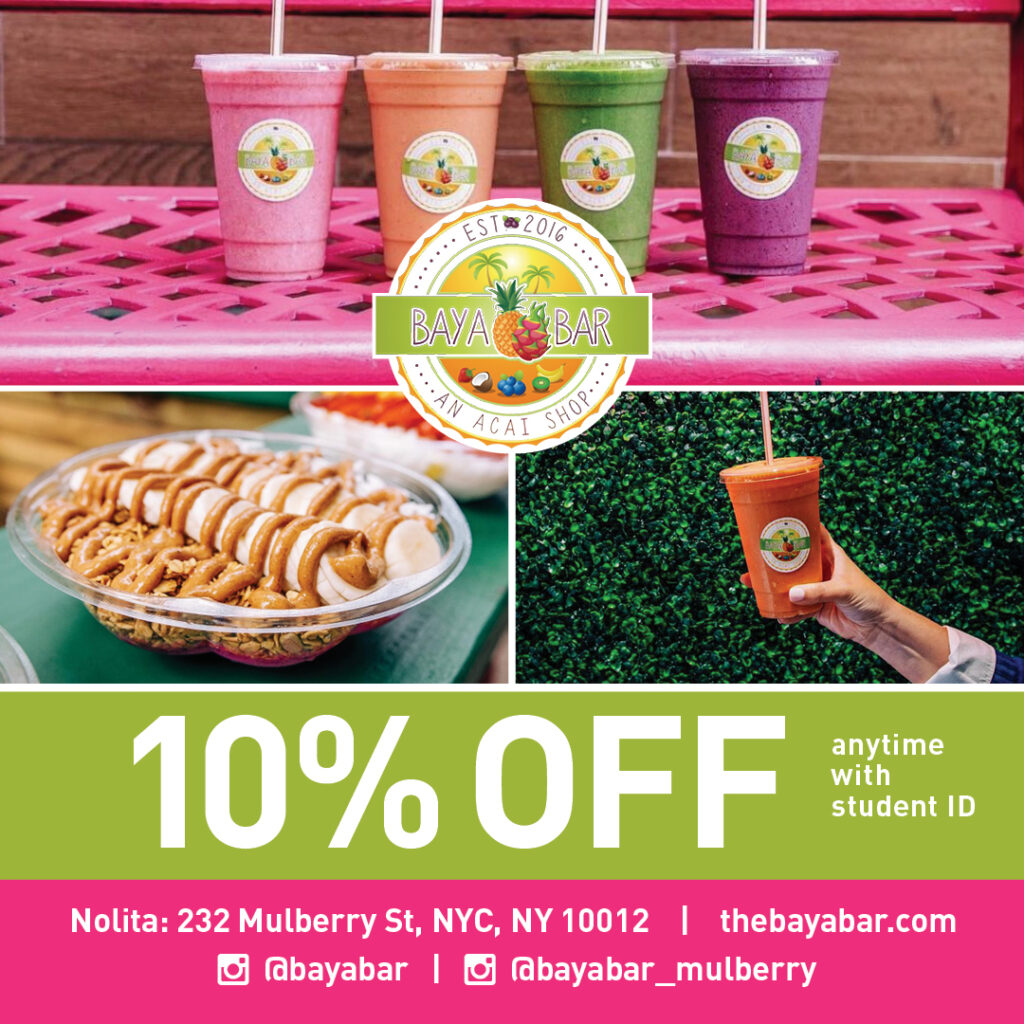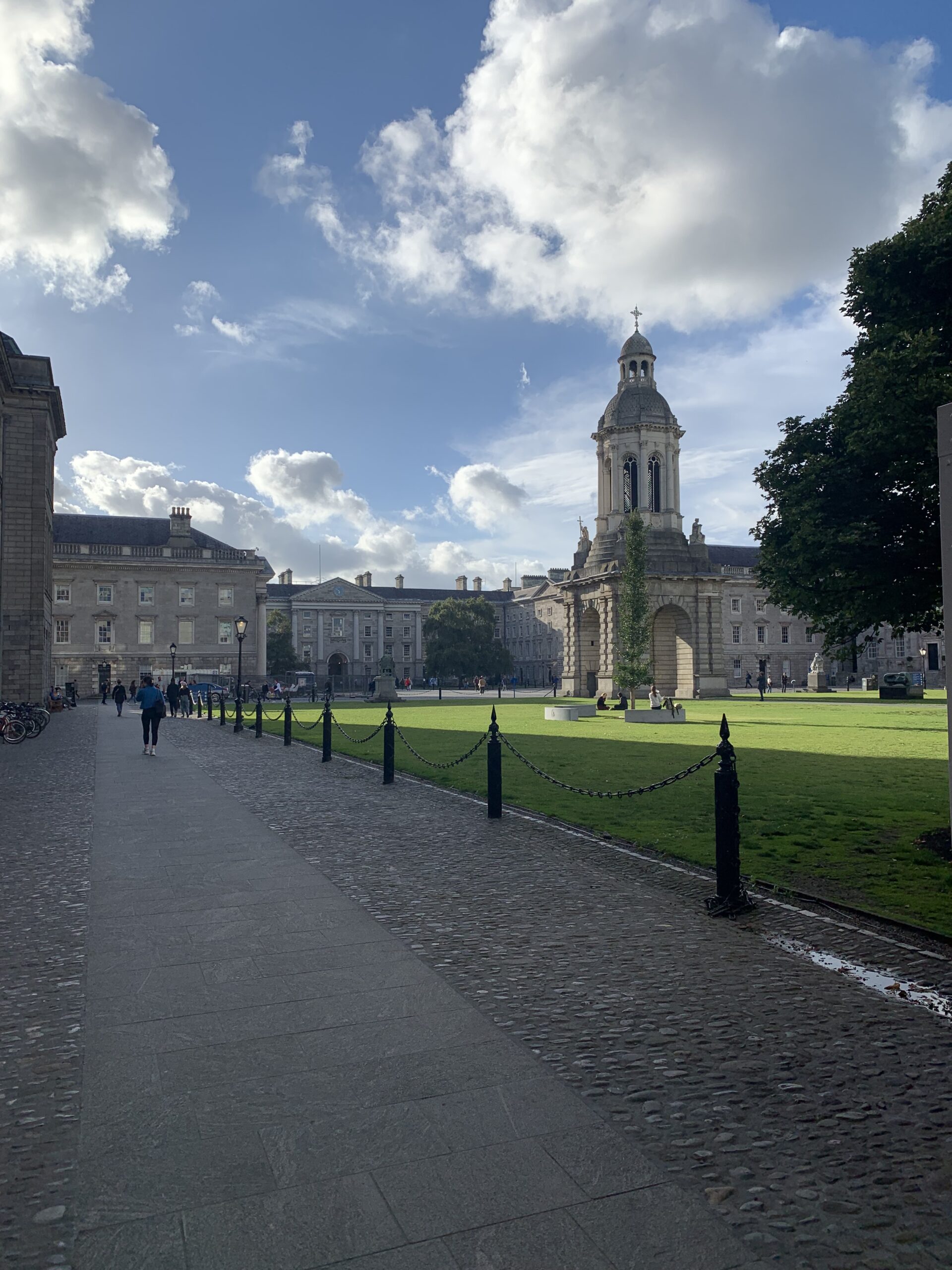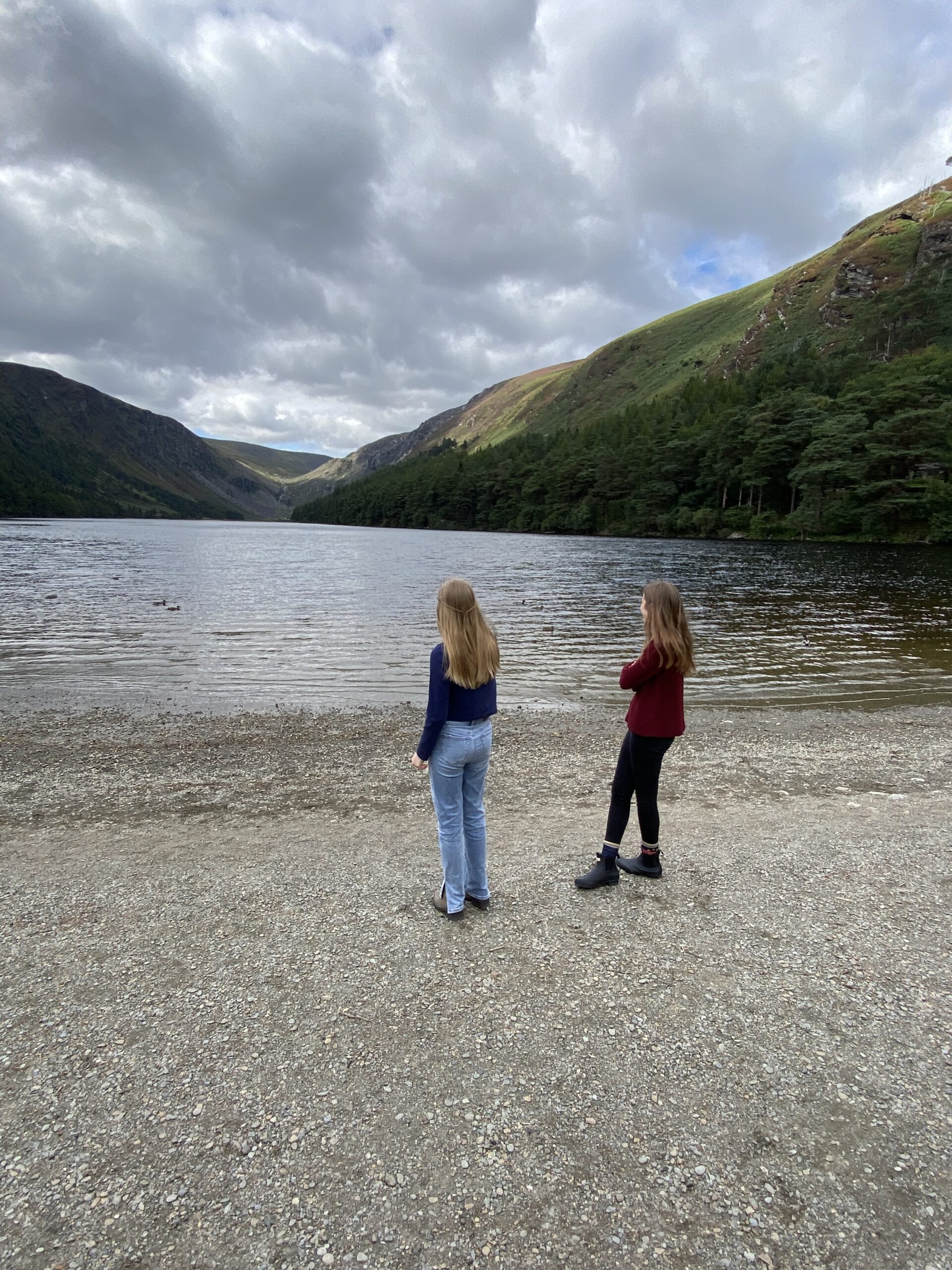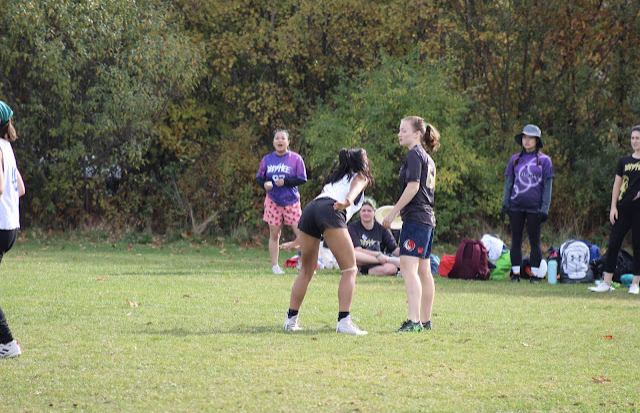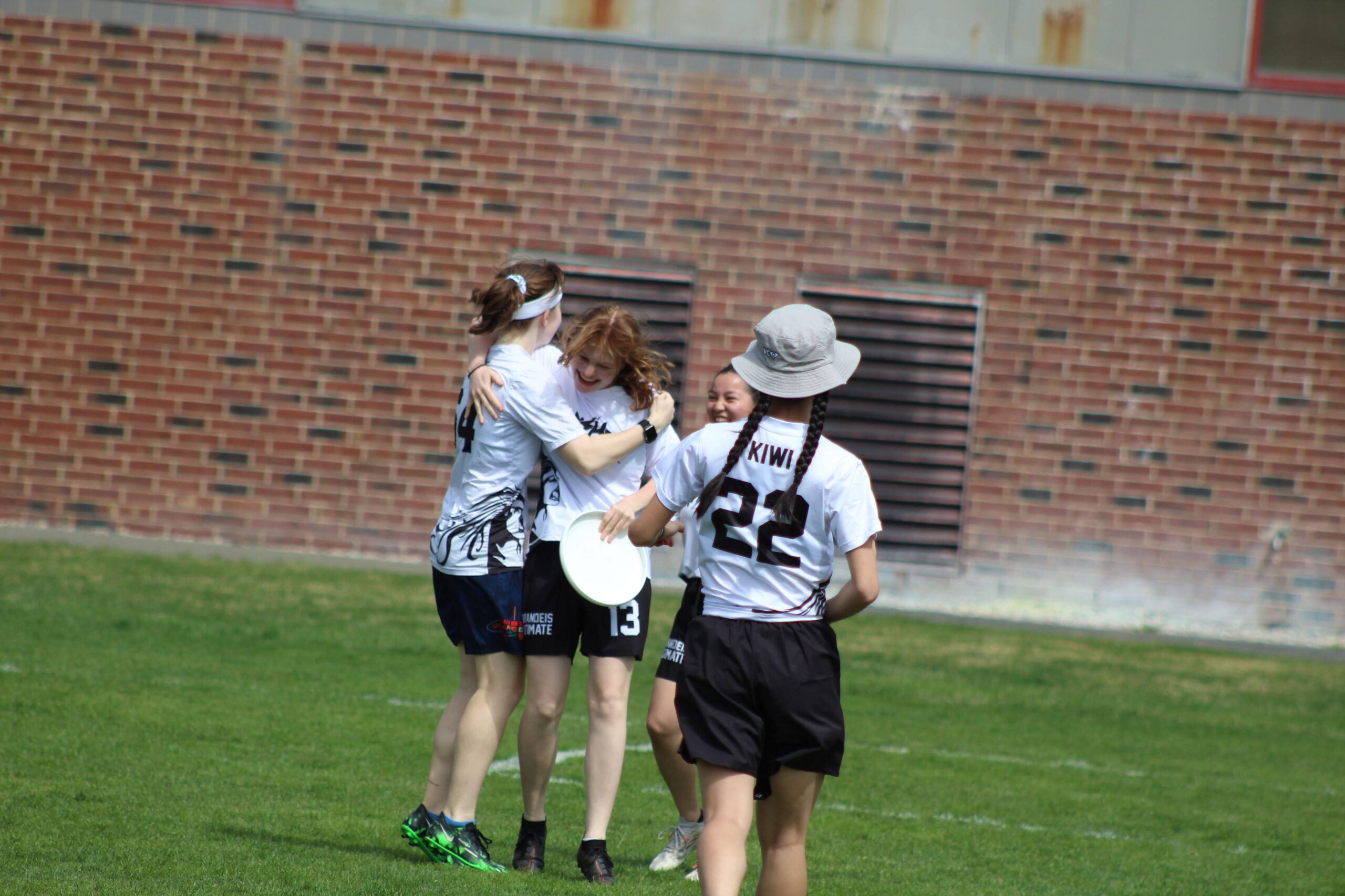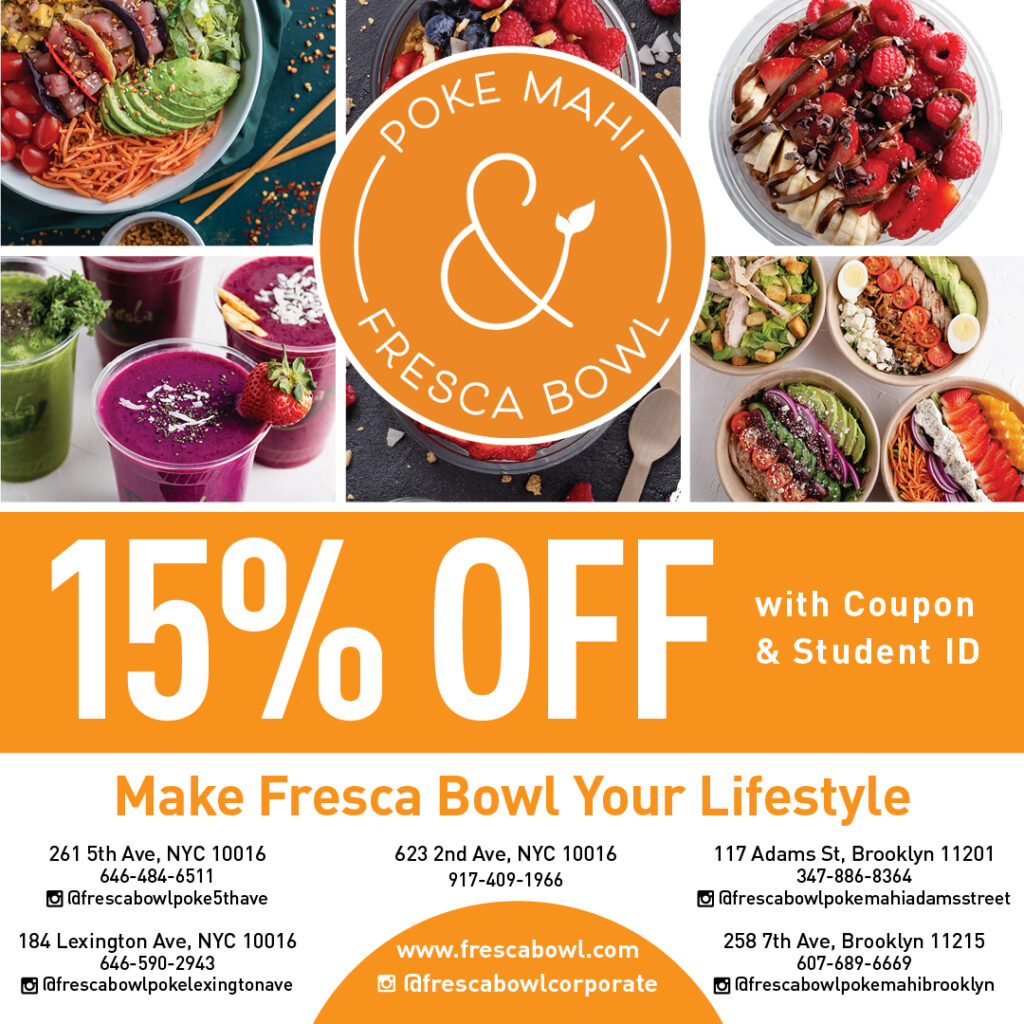Big decisions like college commitment can sometimes generate confused or disapproving reactions. Personally, many people from my hometown couldn’t understand the desire to leave my home, the Central Valley, or California at all. Attempts to explain my visions of more changes, discoveries, and experiences were often in vain. My desire to leave home was too complex to express through small talk. Ultimately, it was a feeling that I alone could observe and act upon. Through a frustrating process, I learned to be okay with the fact that not everyone would understand my decision. I had finally convinced myself to chase my dreams, there was no need to prove myself to others.

In my opinion, appreciating your home is just as necessary as leaving it. These two actions are intrinsically connected; they feed off of each other. Thinking back to my experience leaving California’s Central Valley, I remember feeling conflicted about my departure. My home has nurtured me for the past 17 years, but it had sheltered me from the outside world. Its mountain ranges entrapped me physically and mentally.
A prime example of this entrapment in California was my nit-picky diet. My rotation of meals peaked at a grand total of 5 different foods, usually different variations of bread and cheese. This “5-year-old’s diet” wasn’t based on dietary or allergic restrictions, but rather a psychological barrier that hampered any desire to try new things. Offers of basic foods like chocolate, chicken tenders, or scrambled eggs were immediately declined, leaving no room for consideration or entertainment. I had never deliberately tried those foods before, therefore I didn’t like them: nothing more. Without knowing it, I had developed this instinctive and irrational rejection of trying new things.
New foods were an obvious example of my mindless rejections in the Central Valley, but in retrospect I notice other instances where I deliberately denied myself growth. Whether it be tasting falafel for the first time, trying on a pair of sneakers “outside my aesthetic”, or even talking to classmates I had never spoken a word to, my mental block prevailed in hindering new experiences. I had cultivated a way of living at home that was satisfactory, but not stimulating.
For a long time, this life at home was enough for me. To a certain extent, consistency and familiarity is necessary when it comes to growing up. Still, there comes a time where you begin to prod at the edges of your confinement. It might be enough, but you need a “more”. When, how, or why this urge for change happens varies from person to person, for someone else, it might be a conversation that exposes them to their dream job. For me, a college visit to the Ivies instigated my yearning to grow during my sophomore year of high school. Whatever the case may be, it’s important that you react to whatever force is calling to you. Once you understand what you’re drawn to, I urge you to make it a reality.
In the heat of the moment, it can be so hard to stay true to yourself and trust your gut. As I write these words a year after I decided to attend Columbia, I can say with 100% certainty that leaving home was worth it. College offers a universe of new sights, cultures, flavors, emotions, and friends. It offers the “more” that everyone needs. The only catch: you have to take that initial leap of faith to embrace it all. Regardless of whether you have supporters or adversaries, it’s up to you alone to make your dreams a reality.

Taken on 35mm film.
By Thomas Stewart
Thomas currently attends Columbia University and plans to double major in creative writing and human rights. At Columbia Thomas is a staff writer for the City News section of the Columbia Daily Spectator, where he publishes articles that concern the West Harlem community. In his free time, you can find him practicing music or trying new vegetarian recipes.

For over 20 years, the Campus Clipper has been offering awesome student discounts in NYC, from the East Side to Greenwich Village. Along with inspiration, the company offers students a special coupon booklet and the Official Student Guide, which encourages them to discover new places in the city and save money on food, clothing, and services.
At the Campus Clipper, not only do we help our interns learn new skills, make money, and create wonderful e-books, we give them a platform to teach others. Check our website for more student savings and watch our YouTube video showing off some of New York City’s finest students during the Welcome Week of 2015.


